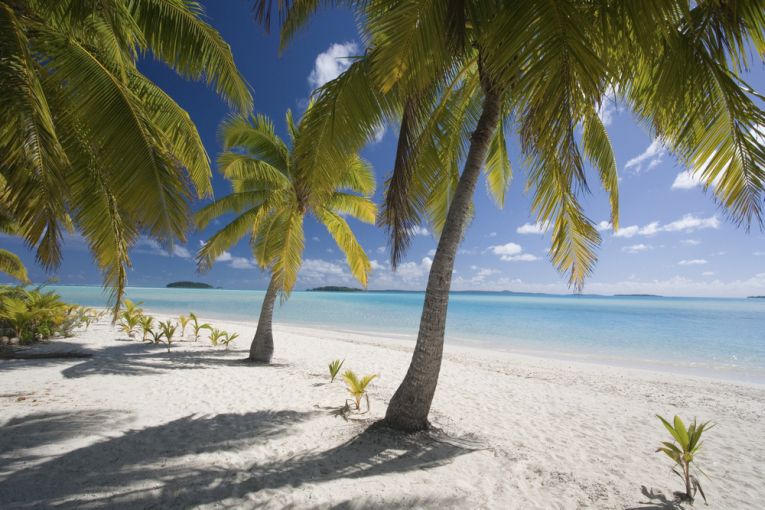When the 15 national leaders of Pacific nations say no more greenhouse gases, they are talking out of desperation. While Australia and New Zealand rarely upset their industrialists so much as to agree to these actions, the tiny nations of the great ocean are living a metre or two above disaster. The US Interior Secretary, Sally Jewell said, "It's going to have wide-ranging impacts on every corner of our globe and that's something that we are already seeing, particularly here as I flew into the airport and saw the sandbags from the last time the water inundated the runway."
She said she would support the island nations who are vulnerable to rising sea-levels with a new climate change, "Pacific American Fund." As we mentioned earlier when we heard the news, this small group of nations have to achieve what larger conferences blatantly can't. The American, Australian and New Zealand support was a major accomplishment. But where were the other Pacific giant nations, who need to support their neighbours with swift and lasting actions?
The European Union, Britain, France, Indonesia, South Korea, Thailand and Malaysia all rushed to agree in principle, but that's not quite the idea, as the US obviously realised. Hugo Swire, who is a British Minister, noted, "The Majuro declaration is something we very much welcome." The Majuro Declaration for Climate Leadership at the 44th Pacific Island Forum is calling for an immediate and aggressive energy revolution, with urgent actions needed on carbon dioxide emissions in particular. Global warming has frightened people for long enough and these nationals of small low-lying islands realise their time has run out.
New sources of fossil fuels are ridiculous. They seem to save money compared to the undeveloped renewable energy sources. To be honest, international companies simply haven't invested money in experimental energy use in the past. Now, as they claim lack of funds, the investment has to be put into renewables instead of wasteful, polluting and unnecessary fossil sources. Any new coal fired or gas fired power station locks us into investment in the production of global warming for half a century. There is no doubt that we subsidise fossil fuels, and then proceed to pay for our carbon footprint. Why aren't those vast funds investing in renewable energy instead? The "public enemy number one" phrase has been used about fossil fuel subsidy by none other than Dr.Fatih Birol, Head Economist at the International Energy Agency in Paris.
Zero carbon has to be the future, not the weak lo-carbon policies being implemented ever so slowly worldwide. These nations will have to sink beneath the waves before some countries will accept their role as extreme polluters. In Majuro, there is real erosion by the sea, but as we have mentioned several times ourselves, cities around the world are also in danger, alongside many farming and industrial regions. The "Marshallese" of Majuro are first to mention the right for children, including their own, to have a home and land where their ancestors were living. There should be no need for displacement of peoples to distant countries.
Later this month, we'll see if we can keep the irons in the fire as the UN General Assembly and Ban Ki-Moon perform their usual slow and ineffective procedures. It is international actions such as theirs and national action from all of the industrialised nations that have inevitably slowed progress for far too long.
Long live the Marshall Islands, and their momentous Majuro Declaration!










